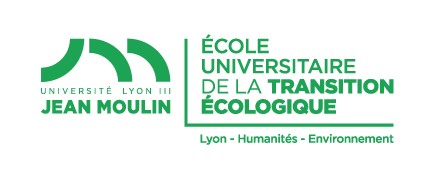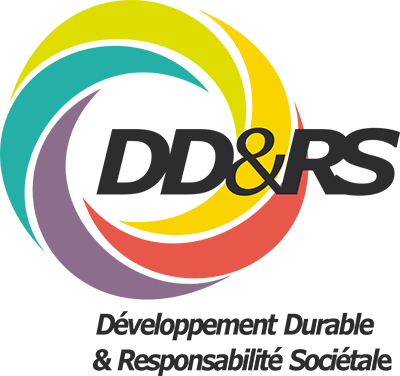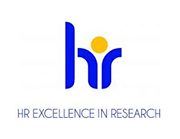Ecological transition and environmental humanities
Environmental humanities
In line with our University’s institutional contract, we have made environmental humanities a key area of research. We have structured an interdisciplinary field of research on the environment, at the crossroads of ecology and several humanities and social sciences disciplines. Our ambition to make this a key area of research has been achieved in a number of ways:
- Membership of the Biodiversity, Water and Cities Research Federation (FR BioEEnviS)
- Inclusion in Solubiod’s Anthares living lab (Solubiod is a PEPR, a French priority research and equipment programme)
- Launch of the EUTRE call for projects
- Introduction of an annual meeting day for doctoral students working on ecology
- Creation of the University School for Ecological Transition (EUTRE) in 2022
Ecological transition
We have also embarked on a reflective process, setting up a dedicated working group to review our practices and assess the carbon footprint and ecological impact of our research activities. Our commitment to the SD&SR labelling process (application submitted in December 2023) has enabled us to develop various awareness-raising and incentive measures.Our University therefore actively supports researchers and laboratories in their efforts to assess the carbon footprint of their research activities using the Labos1point5 methodology. Half of our laboratories have already taken advantage of these measures.

Sustainable Development and Social Responsibility (SD&SR) Label
The SD&SR label recognises our University’s commitment to sustainable development.The concepts of sustainable development and social responsibility are embedded in our institution’s practices, in the same way as open science and scientific integrity.
Last updated: October 2, 2024

